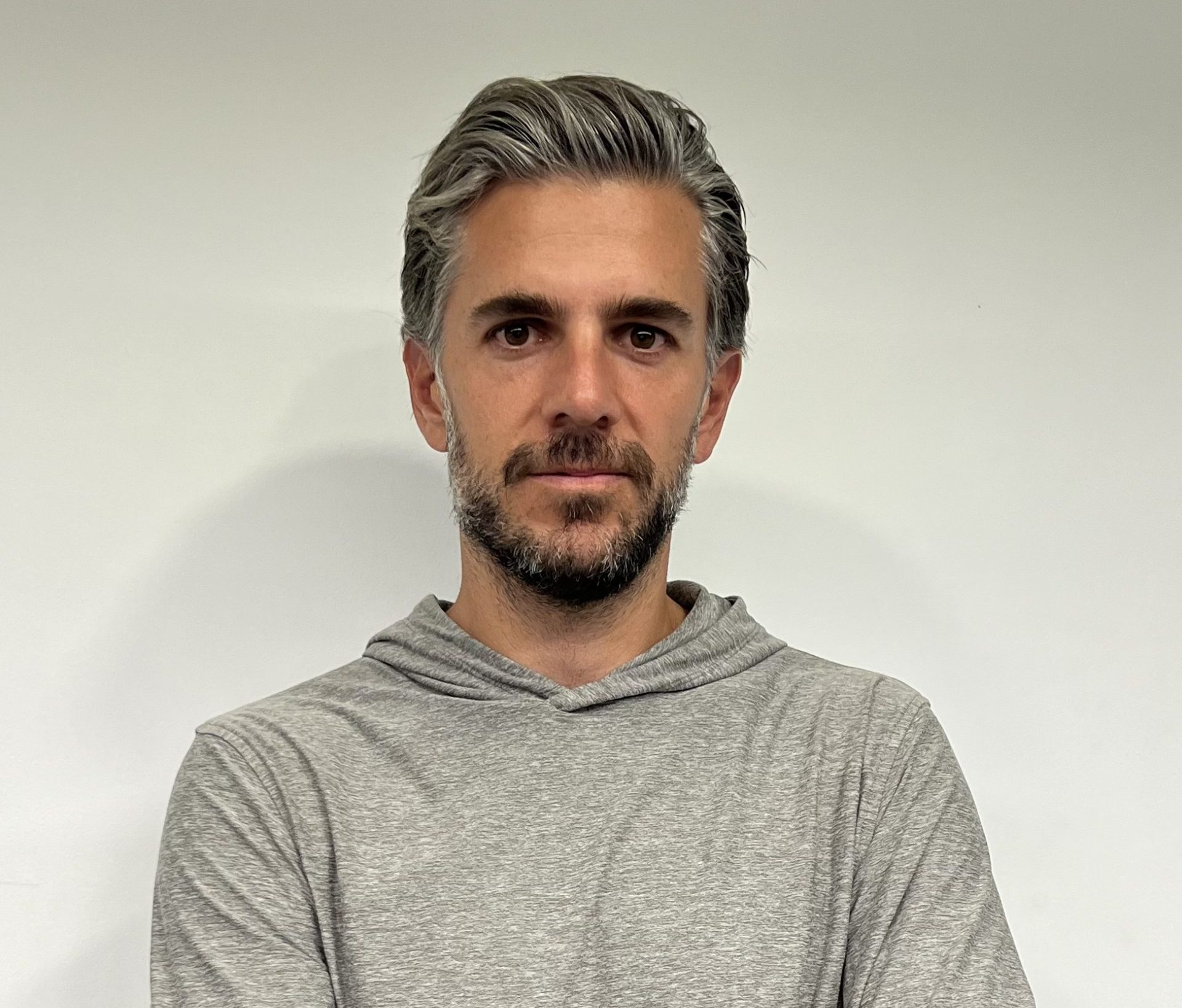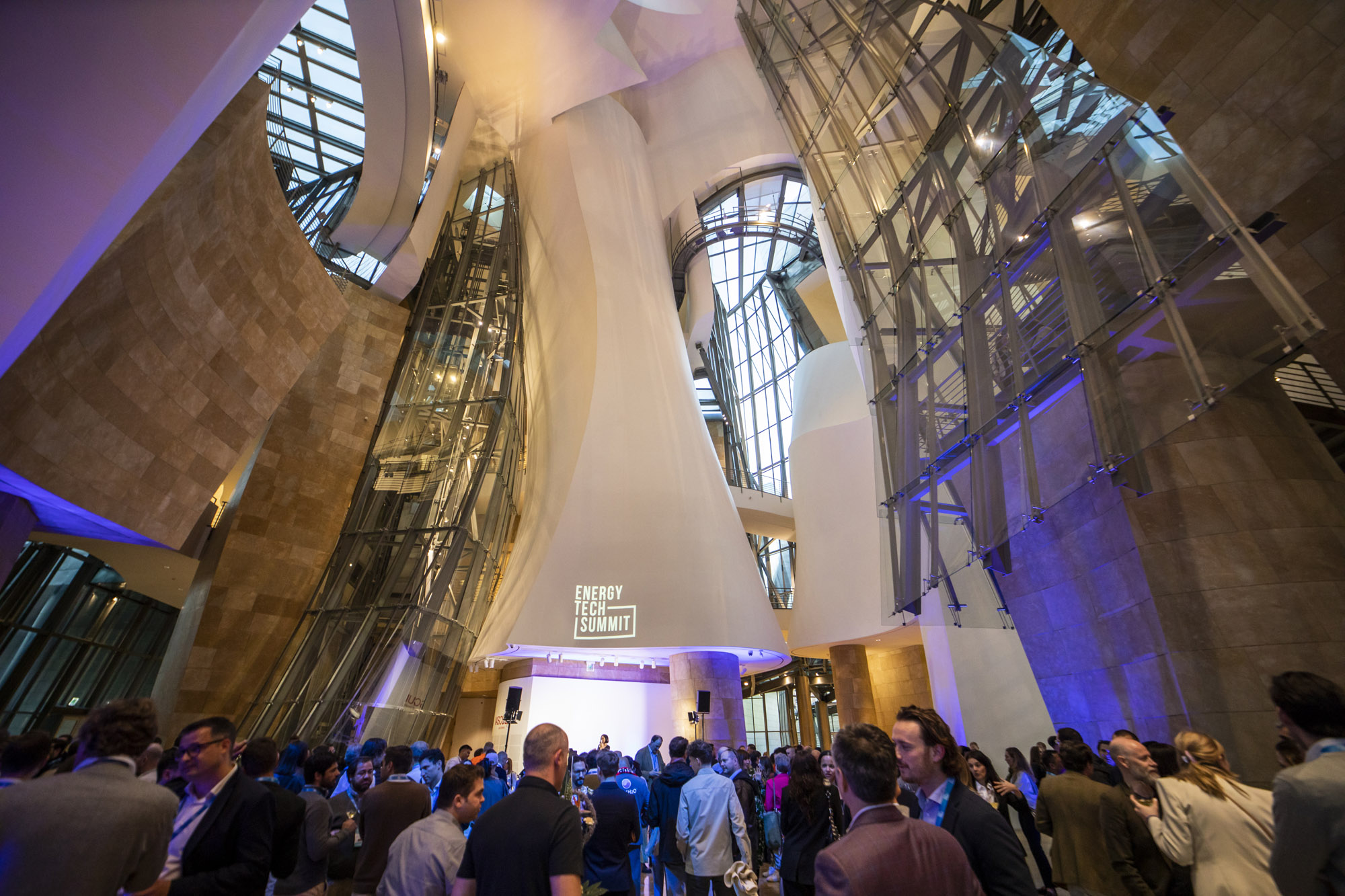A look at post-covid tourism: committed to people and the environment
Winners of the Sustainable Development Goals Global Startup Competition, the most significant innovation initiative carried out by the United Nations, are inspiring new models of sustainable and inclusive travel with which to rethink post-pandemic tourism
Tourism is one of the leading industries in the global economy: 1 in every 10 jobs worldwide were related to it in 2019, according to data from the World Tourism Organization (UNWTO). Despite international tourist arrivals in the first quarter of 2021 being down 83% due to restrictions on travel, the sector has proven to be resilient thanks to its dynamic nature and ability to innovate.
However, it is also one of the most polluting industries, responsible for 8% of the world’s greenhouse gas emissions, according to Nature magazine. Tourism generates 80% of marine debris that builds up on the beaches of the Mediterranean islands in summer, and this region receives one third of global tourism every year, warns a study by the ICTA in conjunction with the UAB.
This is why the UNWTO and innovation hub Wakalua, in collaboration with companies like BBVA, launched the Sustainable Development Goals Global Startup Competition, with the aim of encouraging the innovation and entrepreneurship ecosystem to come into line with the 2030 Agenda. 10,000 start-ups from around the world came forward, and 25 winners were chosen. At the final event held in Madrid on 18th May, they were all able to take part in various panels, depending on the scope of the SDGs to which they were contributing.

Entrepreneurship and open innovation are continuing to make a contribution and, along these lines, tourism wants to keep developing its activities, but with the least possible impact on the environment and safeguarding the well-being of local communities. At the gates of a summer that is forecasting a degree of recovery in the sector, it’s time to keep this roadmap in mind.
A sustainable and inclusive model
The event brought together key individuals from the tourism and sustainability scene, who agreed on the importance of joining forces to reshape the sector. “Tourism is key to bringing us all together, promoting solidarity and trust, two fundamental elements of international cooperation that is now more essential than ever”, stated UN Secretary-General Antonio Guterres at the opening of the competition’s final event.
In his opinion, start-ups could lead the transformation of society, bringing hope for the future and inspiring people of all ages and contexts in the search for progress towards sustainability, equality and inclusiveness.
The secretary of the Spanish government’s State of Tourism, Fernando Valdés, insisted that “crises always present opportunities for improvement”, and that in Europe transformation will happen thanks to recovery funds, which will finance a more digital and sustainable model.
For his part, the Secretary-General of the WTO, Zurab Pololikashvili, believes that innovation is the most important part of tourism. “Our responsibility as an organisation is to export these start-ups’ ideas, helping them attract more investors and promoting the union between the private sector and governments – the pandemic has taught us how important coordination is in our lives”, he said.
To share the ideas of these start-ups, the WTO gave the winning companies a voice. Étnica, Nibi and Métrica6 are three of them.
A living museum
Étnica won the category related to SDG 1 (to end poverty). It is a project with a social background that creates job opportunities in Guatemala through responsible tourism, fair trade and best practices. It is aimed at those tourists who are looking for immersive experiences based on interacting with the local community and soaking up all the cultural and natural heritage that Guatemala has to offer.

Founder and director of Étnica, Pablo Martínez, criticises the centralisation and gentrification that some of his country’s destinations are suffering. In Guatemala tourism represents a third of the economy. He recounts how, when a tourism company is centralised, “it only gives to some”, meaning that malnutrition and poor access to health continue to be latent issues in Guatemala, “on which the Government is not acting”. His project emerged from the need to offer proposals and alternatives, and he affirms: “We have a huge opportunity through tourism to propose a comprehensive and inclusive system that allows people to have access to decent sources of work”.
At Étnica, they work with members of local communities such as artisans, weavers, fishermen, midwives and cooks, who “have normalised that mass tourism that is affecting the social fabric”. Martínez’ goal is for these people to have the quality of life necessary to stop them having to migrate and put themselves at risk. “Through their legacy and their professions they can create a positive impact within their community and wider region”, he notes, adding that Guatemala is “a living museum”.
This entrepreneur understands that there is “a good way of doing things” and that developing a socially responsible model like that of his start-up “is not just a question of values, but something that works and can be passed down the generations and replicated”.
Technology for foundations
Nibi is a Colombian start-up that won the competition primarily for its contribution to SDG 17, dedicated to partnerships between actors. The project seeks to create a social ecosystem by connecting companies, people and foundations, so that they can improve their social and environmental externalities. Co-founder of Nibi, Juan Ignacio Rubio, assures us that it is “that articulating element” that helps organisations to maximise their impact through technology, their main added value.

“In the Latin American context, technology is involved in many industries, but very little in the social sector. Foundations have barely begun using it to automate processes – a huge gap that we are trying to cover”, he explains. They are also looking to prepare organisations so that they can achieve economic sustainability too, seen as “this is the only way in which the impact of their organisations will stand the test of time”.
In his opinion, tourism has the potential to transform society: “We should use our holidays not just to relax, but also to get to know other cultures, support local projects and build ties or bridges to help certain realities change and get better”.
Sustainability is profitable
The winner relating to SDG 11 (sustainable cities and communities), recognised for its water saving technology, is Spanish start-up Métrica6. This is an engineering company specialised in developing technological products and solutions, both for the organisation itself and for entrepreneurs, companies and public administrations that want to develop an innovative solution and don’t know how to implement it. They are active in various sectors such as the environment, construction, health, security and research, where they contribute solutions related to water efficiency, improving air quality, creating secure spaces and smart cities, which will be extremely useful for accomplishing smart tourism.
CEO Eduardo Dueñas explains how Métrica6 develops technological solutions for smart cities and promotes awareness and information. “We are contributing to these technologies becoming more well known and we offer sustainable solutions to the market, making it clear that they are perfectly profitable,” he states.
According to Dueñas, sustainability has been considered solely an environmental matter, whereas the word “sustainable” also refers to “something that can perpetuate over time”. Consequently, a sustainable company means one that is efficient both in the reuse and cost of resources, as well as in managing their products.
He also insists that the main value at Métrica6 is honesty and its link to scientific rigour, trying to move away from greenwashing, since they know perfectly what the limitations of the technology and the company are. “When we talk about a system being sustainable or having a positive impact, it’s because it’s true. We can’t be a R&D&i company if we’re not able to demonstrate everything we promise”, he indicates.

The tourism of tomorrow
Looking after biodiversity, conserving natural resources, respecting the cultural values of destination communities and redistributing the socio-economic benefits are the challenges, needs and opportunities of tourism in the future.
During her slot at the event, Natalia Bayona, director of Innovation, Education and Investments at the WTO, said that “it is the perfect moment to diversify”, because also, tourism will be one of the main employers of young people. “We can create a new paradigm based on a sustainable innovation ecosystem”, she stated. The reactivation of the industry following the pandemic is an opportunity to rethink that new paradigm, bring it into line with the 2030 Agenda and not leave anybody or the planet behind.



